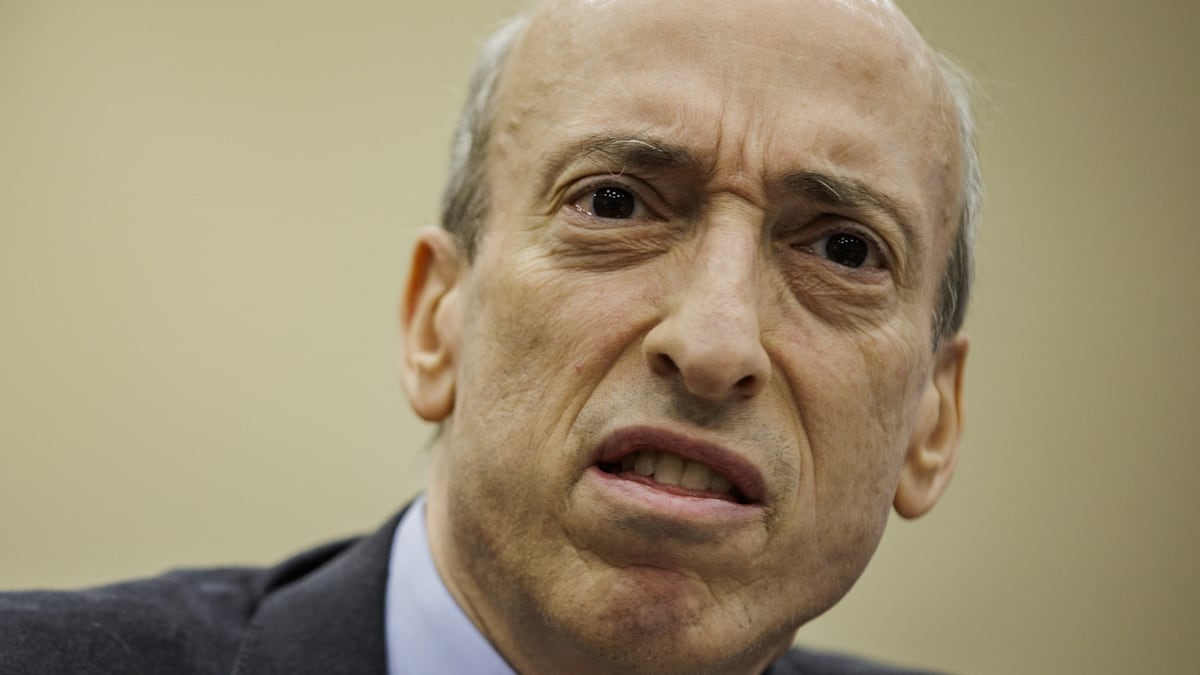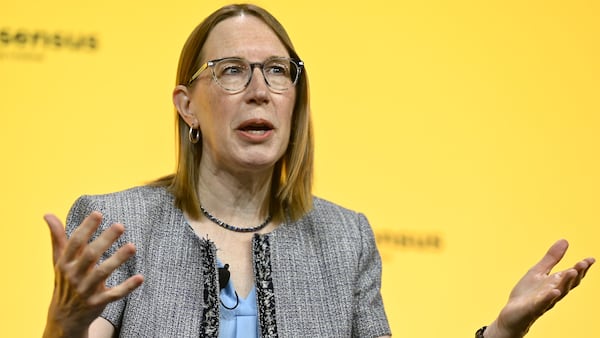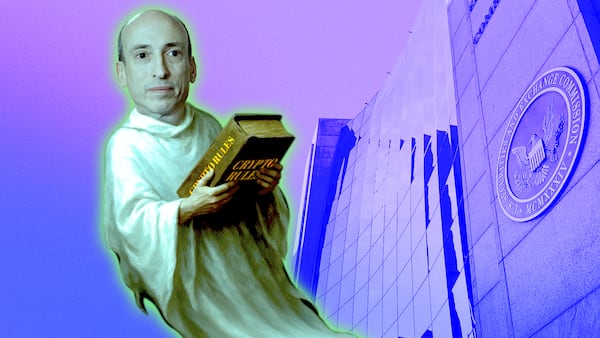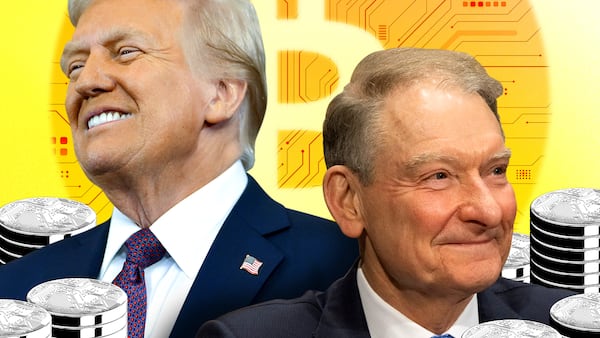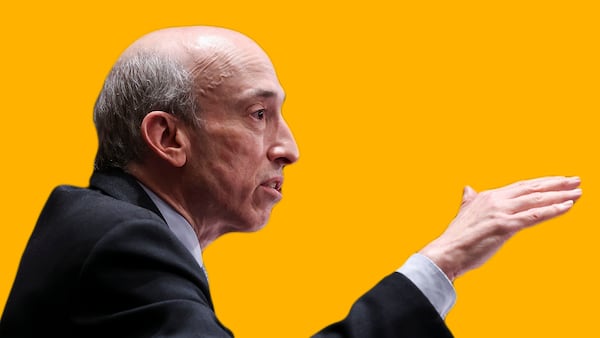- Gary Gensler was SEC chair from 2021 to 2025.
- He led a regulation-by-enforcement approach to crypto.
- Gensler continues to shoot darts at the cryptocurrency industry to this day.
Crypto’s old foe is standing by his administration’s actions.
When former SEC chairman Gary Gensler went on CNBC’s Squawk Box on September 17, to talk, among other things, about his role in clamping down on the crypto industry, he didn’t waver in his administration’s efforts.
“We were consistently trying to ensure investor protection. And in the midst of it, we had a lot of fraudsters — look at Sam Bankman-Fried‚” said Gensler. “He wasn’t alone.”
By now, it’s a line Gensler has repeated for years, both in and out of office.
Under Gensler’s watch, which extended from 2021 to 2025, the SEC took an aggressive stance against the crypto industry, which many pundits dubbed “regulation by enforcement.”
His efforts included lawsuits against Binance and Coinbase crypto exchanges, classifying many cryptocurrencies as securities, while some even claimed he was leading a concerted effort with the banking industry to surreptitiously outlaw crypto firms.
It’s often referred to as Operation Chokepoint 2.0.
Basically, Gensler was trying to use the law to force the crypto industry to assume the same laws that have applied to securities markets since the Great Depression.
That approach largely ignored the technological and structural differences that set digital assets apart from traditional financial instruments.
Paul Atkins
A lot has changed since December. Now, crypto has an ally in office.
Paul Atkins, Donald Trump’s pick to replace Gensler, has been hellbent on creating a framework so that the crypto industry can flourish — not flounder.
A former SEC commissioner well-known for his light-touch philosophy, Atkins has served as an advisor to cryptocurrency companies, and criticised the agency’s former heavy-handed approach.
With Atkins, the SEC has stopped tagging every token as a security, and just this week it approved generic exchange-traded fund listing standards that have the potential to “blow the market wide open,” according to Matt Hougan, CIO of Bitwise.
Under the new rulebook, any crypto ETF meeting preset criteria would be greenlit in 75 days or fewer.
Others in Washington D.C. are also making the most of the regulatory environment to pass more favourable crypto rules.
In July, Congress approved a landmark stablecoin bill, dubbed the Genius Act, the first of its kind to get inked into law.
The timing of the regulatory reversal is notable: Bitcoin sits slightly below its all-time high, while Crypto treasury companies are booming. Even memecoins are now getting ETFs.
None of this excites Gensler.
Lacking fundamentals
In fact, when asked if cryptocurrencies constitute a danger for investors, Gensler danced around the question — but his concern was clear.
“For everyday investors, the 5% to 10% of Americans who invest in crypto, it’s a highly speculative, very risky asset,” he said, noting that most tokens trade on “momentum” and “frankly hype.”
“Except Bitcoin, most of these tokens lack fundamentals.”
Pedro Solimano is DL News’ Buenos Aires-based markets correspondent. Got at a tip? Email him at psolimano@dlnews.com.


